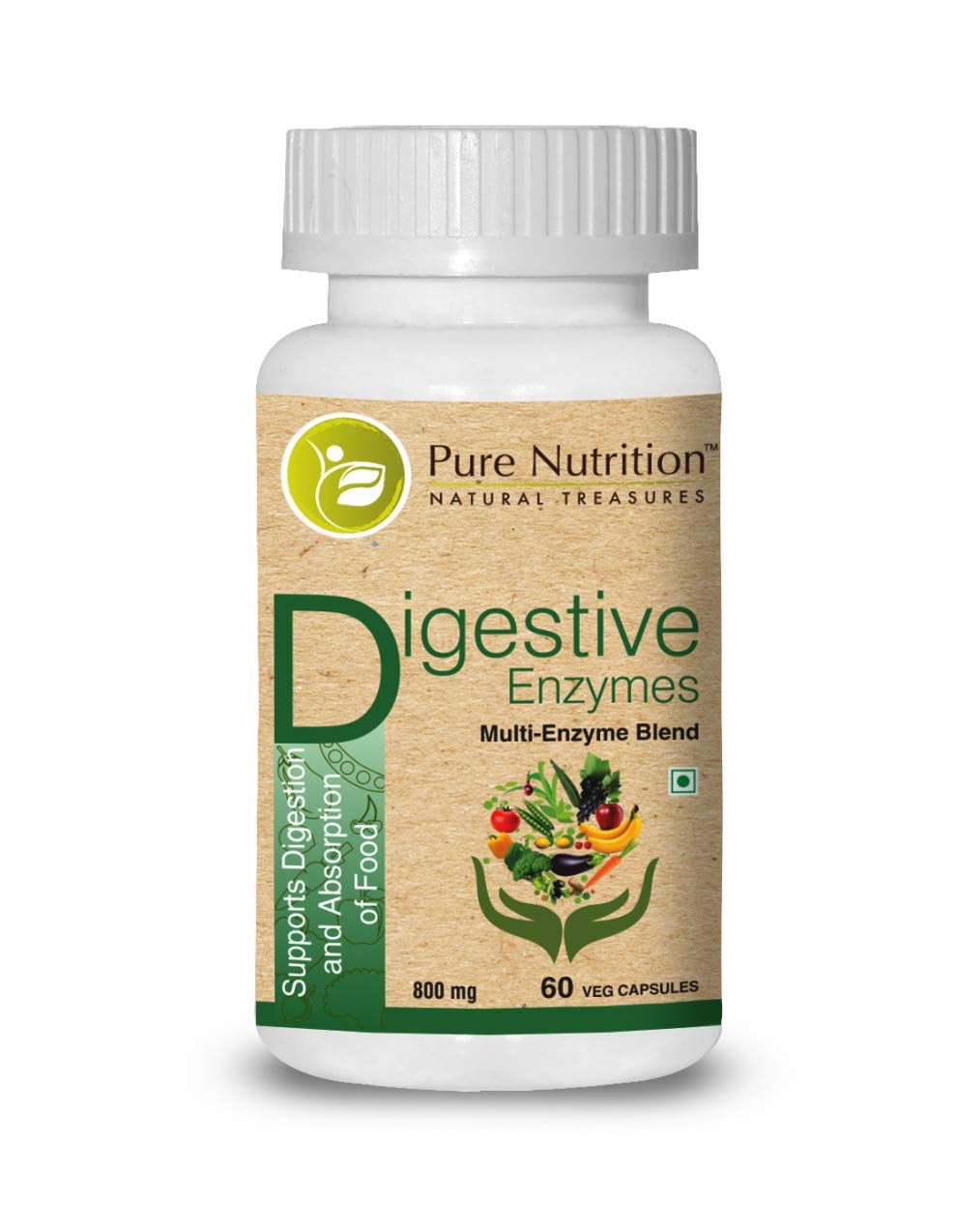Lactase
Micronutrient
Last update date: October 11, 2023
Lactase is a digestive enzyme that breaks down the sugar lactose to glucose and galactose.
Frequently Asked Questions
1.
What is Lactase?
Cellulase is a remarkable enzyme that plays a vital role in breaking down cellulose, a complex carbohydrate found in the cell walls of plants. Without cellulase, our bodies would struggle to extract essential nutrients from plant-based foods. This enzyme acts as a catalyst, accelerating the hydrolysis of cellulose into simpler sugars like glucose. As a result, the body can effectively digest and absorb the nutrients present in plant cells. Cellulase is not naturally produced by the human body, but it can be obtained through certain foods or enzyme supplements. Its significance lies in facilitating the digestion of plant-based diets, making it a crucial component of our overall digestive health.
2.
What is positive impact of Lactase?
Cellulase offers several positive impacts on digestion and overall health: Improved Digestion: Cellulase helps break down cellulose into simpler sugars, aiding in better digestion of plant-based foods and increasing nutrient absorption. Enhanced Gut Health: By promoting the breakdown of plant fibers, cellulase supports a healthy gut environment and may reduce the risk of digestive issues like constipation. Increased Nutrient Availability: Proper digestion of cellulose releases essential nutrients, such as vitamins and minerals, which contribute to overall well-being. Support for Vegan and Vegetarian Diets: For individuals following plant-based diets, cellulase supplements can help maximize the nutritional benefits of their food choices. Potential Prebiotic Effects: Some studies suggest that cellulose breakdown products may act as prebiotics, nourishing beneficial gut bacteria.
3.
What is negative impact of Lactase?
Cellulase is generally considered safe for consumption, and negative effects are minimal. However, it's essential to be aware of the following: Gastrointestinal Discomfort: In some cases, high doses of cellulase supplements may cause mild gastrointestinal discomfort, such as bloating or gas. Adjusting the dosage or taking the enzyme with meals can often alleviate these issues. Allergic Reactions: While rare, some individuals may experience allergic reactions to cellulase. If you notice symptoms like rash, itching, or swelling, discontinue use and seek medical advice.
4.
Who should avoid Lactase?
Individuals with a Known Allergy: If you have a confirmed allergy to cellulase or any of its components, avoid its use to prevent adverse reactions. Severe Gastrointestinal Conditions: People with severe gastrointestinal disorders or diseases should consult a healthcare professional before using cellulase supplements.
5.
What are common sources of Lactase?
Cellulase is naturally present in various plant-based foods, making it readily available through diet. Common sources of cellulase include: Fruits: Especially apples, grapes, and oranges. Vegetables: Such as carrots, celery, and green leafy vegetables. Legumes: Including beans, lentils, and peas. Whole Grains: Like oats, barley, and brown rice. Enzyme Supplements: Cellulase supplements are also available for those who may need additional support in digesting plant fibers.








